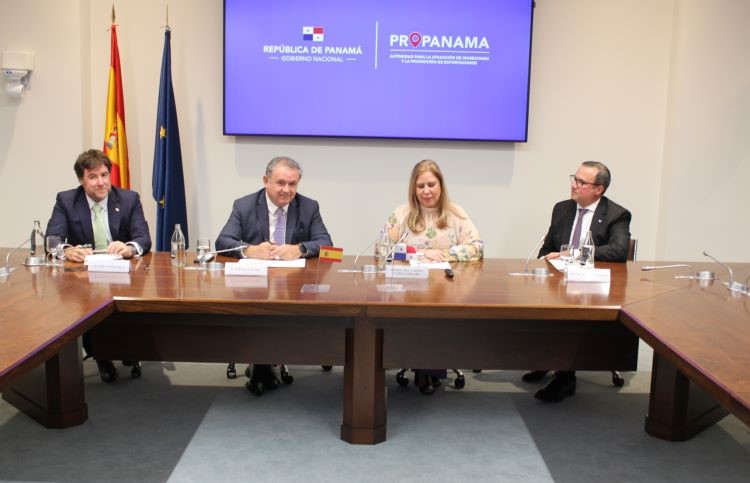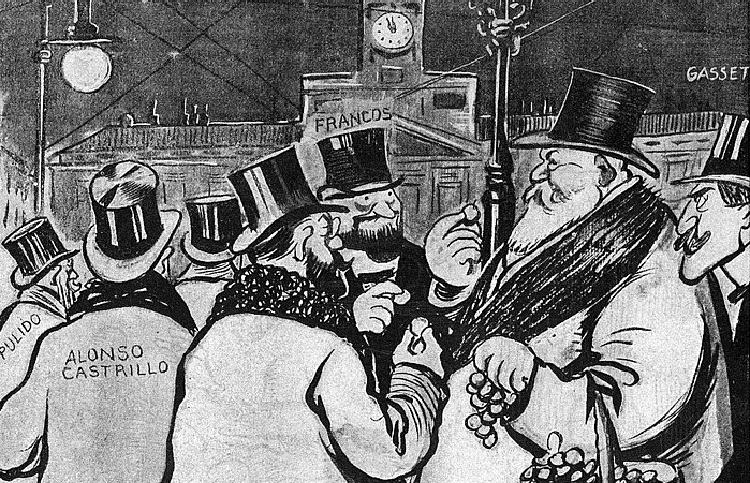The Diplomat
Twenty specialists and representatives of institutions and non-governmental organisations are debating yesterday and today the challenges posed by the three transitions – digital, ecological and socio-economic – which are presented as a shared challenge and priority for the countries of Latin America and the European Union.
The debates will take place during the international seminar “The triple transition. Cross visions from Latin America and the European Union”, organised by the Carolina Foundation and Oxfam Intermón at the headquarters of Espacio Fundación Telefónica in Madrid.
At the opening of the seminar, the State Secretary for International Cooperation, Pilar Cancela, said that “policy dialogue and interactive dialogue with Latin America should be one of the main focuses of the Spanish Presidency of the EU. “We have always stated that Latin America will be a priority, as will gender and equality, a hallmark of our foreign policy and our cooperation,” she said.
For her part, the Deputy Director General for International Partnerships (INTPA-EU), Myriam Ferran, pointed out that the Global Gateway has been adopted to accompany the triple transition in a sustainable manner. She added: “We do this in a transparent way by putting individual rights and social protection at the centre. To do this we are working together with the European Commission and the EEAS, but also with our member states”.
The Director General of Oxfam Intermón, Franc Cortada, said: “We need alliances between Europe and Latin America to reinforce the agendas of the three transitions, digital, ecological and socio-economic, to accompany us and achieve fairer societies”.
Finally, the Secretary General of the Carolina Foundation, Hugo Camacho, explained that one of the objectives of the seminar is the desire to build and position proposals in the Euro-Latin American agenda on a new social pact for a just transformation in Latin America.
After the inauguration, the session “The digital transition: regulating rights and duties in interconnected Euro-Latin American societies” began, with the participation of the Secretary of State for Digitalisation and AI; Carme Artigas; Renata Ávila, CEO of the Open Knowledge Foundation; Paola Ricaurte, professor at the TEC de Monterrey (Mexico); and Trinidad Jiménez, Director of Global Strategy for Public Affairs at Telefónica.
The seminar includes three simultaneous workshops, around the three areas of reflection, to discuss in depth the implications of the transitions and how to achieve the desired scenarios.
In the sessions, some twenty specialists and representatives of institutions and NGOs from European Union countries and Latin America and the Caribbean will discuss the three transitions, the way in which they open up opportunities for fair and inclusive transformation (“utopias”), and also risks of involution, with an increase in inequalities and exclusions (“dystopias”). They seek to identify these utopias and dystopias and to determine which are the elements and actors that can turn these transitions into avenues towards a just transformation.
The seminar has highlighted that, for two regions that have been particularly affected by both the pandemic and the economic and social effects of Ukraine’s invasion, these transitions are a shared priority that can also give new impetus to their political dialogue and bi-regional cooperation.







